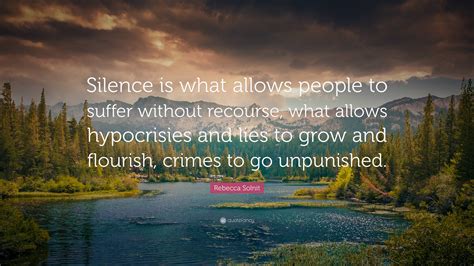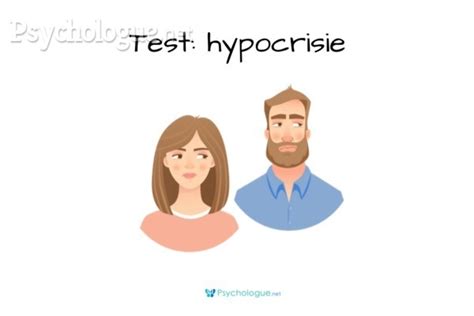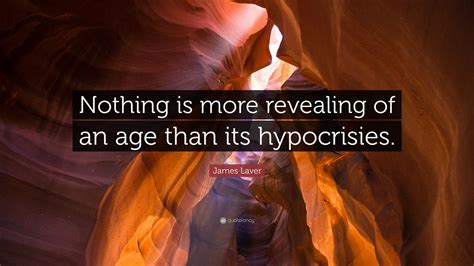The concept of hypocrisy has been a pervasive and intriguing aspect of human behavior, fascination, and criticism throughout history. At its core, hypocrisy refers to the act of pretending to have virtues, moral principles, or beliefs that one does not actually possess, often to gain social approval, power, or to avoid criticism. This disconnect between what one says and what one does can manifest in various domains, including politics, social interactions, and personal relationships. Understanding hypocrisy requires a nuanced exploration of its psychological underpinnings, societal implications, and the ethical dilemmas it poses.
Defining Hypocrisy and Its Forms

Hypocrisy can take many forms, each reflecting a different aspect of human behavior and societal expectations. The most common form is perhaps the pretension of moral superiority, where individuals claim to adhere to certain standards or beliefs that they do not actually uphold. Another form involves the deliberate concealment of one’s true intentions or actions to maintain a favorable public image. Hypocrisy can also be seen in the inconsistency between an individual’s words and actions, especially when their behavior contradicts their stated principles or values.
Psychological Underpinnings of Hypocrisy
From a psychological perspective, hypocrisy can be understood as a coping mechanism or a strategy to manage social impressions. People may engage in hypocritical behavior to avoid social disapproval, to fit into certain social groups, or to enhance their self-image. The theory of cognitive dissonance suggests that when individuals hold two or more conflicting beliefs, values, or ideas, they experience discomfort, which they may alleviate by changing one of the conflicting elements or by justifying their behavior. This justification can sometimes lead to hypocritical actions or statements.
| Forms of Hypocrisy | Description |
|---|---|
| Moral Hypocrisy | Pretending to have a higher moral standard than is actually practiced. |
| Intellectual Hypocrisy | Pretending to believe something that one does not truly believe for personal gain. |
| Situational Hypocrisy | Behaving differently in different situations to conform to social norms or expectations. |

Societal Implications and Ethical Dilemmas

The societal implications of hypocrisy can be profound, leading to mistrust, disillusionment, and the erosion of social cohesion. When leaders or public figures are perceived as hypocritical, it can undermine their authority and the legitimacy of institutions. On a personal level, hypocritical behavior can damage relationships and reputations. Ethically, hypocrisy raises questions about authenticity, honesty, and the importance of aligning actions with words. It challenges the notion of moral absolutism, suggesting that moral judgments are often nuanced and context-dependent.
Addressing and Overcoming Hypocrisy
Addressing hypocrisy involves recognizing its presence, understanding its motivations, and making a conscious effort to align one’s actions and words. This process requires self-reflection, a willingness to admit mistakes, and a commitment to transparency and accountability. Societally, promoting a culture of honesty, encouraging open dialogue, and fostering an environment where individuals feel safe to question and criticize without fear of retribution can help mitigate hypocrisy.
Key Points
- Hypocrisy is a complex and multifaceted phenomenon that can manifest in various forms, including moral, intellectual, and situational hypocrisy.
- Understanding the psychological underpinnings of hypocrisy is crucial for addressing it, as it often stems from a desire to manage social impressions or alleviate cognitive dissonance.
- The societal implications of hypocrisy can be significant, leading to mistrust and the erosion of social and institutional legitimacy.
- Addressing hypocrisy requires self-reflection, a commitment to honesty and transparency, and societal efforts to promote open dialogue and accountability.
- Recognizing the context-dependency of hypocrisy and approaching it with nuanced understanding can help in developing more effective strategies for overcoming it.
In conclusion, hypocrisy is a pervasive aspect of human behavior that poses significant ethical and societal challenges. By understanding its forms, psychological underpinnings, and implications, we can work towards creating a more authentic and honest society. This involves not only addressing hypocrisy in others but also recognizing and challenging it within ourselves, fostering a culture of transparency, accountability, and genuine moral courage.
What are the main forms of hypocrisy?
+The main forms of hypocrisy include moral hypocrisy, intellectual hypocrisy, and situational hypocrisy, each reflecting different aspects of human behavior and societal expectations.
How can hypocrisy be addressed?
+Addressing hypocrisy involves self-reflection, a commitment to honesty and transparency, and societal efforts to promote open dialogue and accountability. Recognizing the context-dependency of hypocrisy and approaching it with nuanced understanding is also crucial.
What are the societal implications of hypocrisy?
+The societal implications of hypocrisy can be profound, leading to mistrust, disillusionment, and the erosion of social and institutional legitimacy. It challenges the notion of moral absolutism and requires a nuanced approach to moral judgments.



